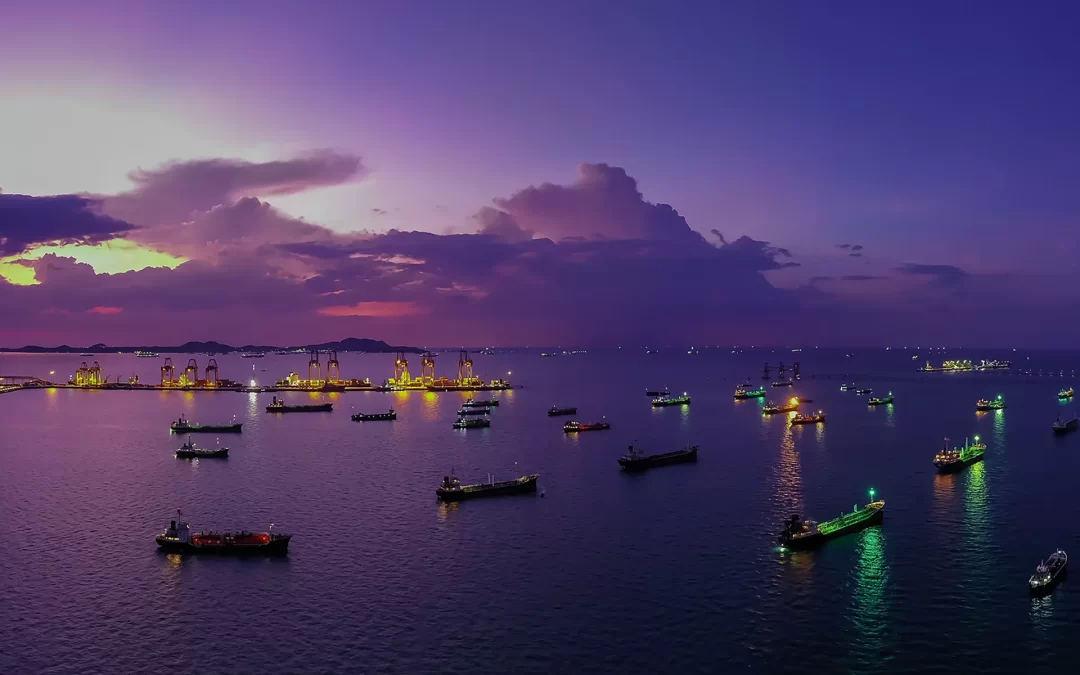Traders are using ship-to-ship loadings near the Senegalese port of Dakar to handle Russian naphtha exports to Brazil, market sources said and LSEG data shows.
Since a full European Union embargo on Russian oil products went into effect in February 2023, the bulk of Russia’s naphtha has been redirected elsewhere. Loadings to larger vessels help to speed up tanker turnover and reduce freight costs on long routes via the Atlantic Ocean, traders said.
STS transfers have also become more attractive since recent Western sanctions on some foreign vessels transporting Russian oil products limited the number of ships available for exports from Russia.
Russia has exported an average 100,000 metric tons of naphtha a month to Brazil, but since September 2024 direct fuel supplies have fallen to around 35,000 tons per month, according to shipping data.
Instead, approximately 160,000 tons of naphtha were loaded between September and November in the Russian Baltic port of Ust-Luga and discharged at a ship-to-ship site near Dakar port to different tankers, including the Pantera and Minerva Mediterranea vessels, the data showed.
All those transshipped cargoes were destined for Brazil, according to market sources and LSEG data.
Ship-to-ship transfers are also actively used near the Italian port of Augusta, the Greek islands and Malta for export supplies of Russian oil products to Asian countries, according to LSEG data.
Source: Reuters (Reporting by Reuters. Editing by Jan Harvey)






